Sam Bass’ Treasure
Wednesday, January 9th, 2019This is Passport to Texas
At Longhorn Cavern State Park in Burnet County, folks are still searching for Sam Bass’ gold.
Sam Bass was a Texas outlaw who died in 1877 in Round Rock, Texas at a fairly young age. He was shot trying to rob a Round Rock bank.
Legend has it that that Sam Bass used Longhorn Cavern as a hideout and that he left stolen money there. Some of the rumors circulating at the time had his ill-gotten gain totaling upwards of two million dollars’ worth of gold.
No one knows for certain if Sam Bass hid that much gold in Longhorn Caverns, or hid any gold—or even visited the cavern, for that matter.
The real treasure is its geology and history. Geologically, it has formations known as calcite channels, crystals, columns and draperies.
Historically: Confederates used the cavern during the Civil War to make gun powder from bat guano. In the 1920s, during prohibition, Burnet County residents used the cave as a speakeasy; they installed a wooden dance floor where residents danced to live bands.
In addition to cavern tours, check out the calendar section of the TPW website for events planned inside the cavern.
That’s our show for today…Brought to you in part by RAM Trucks. Built to Serve.
For Texas Parks and Wildlife…I’m Cecilia Nasti.
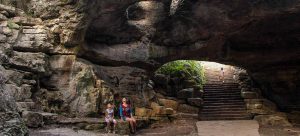

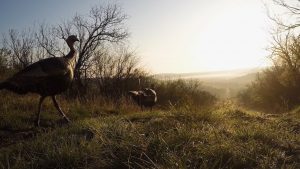
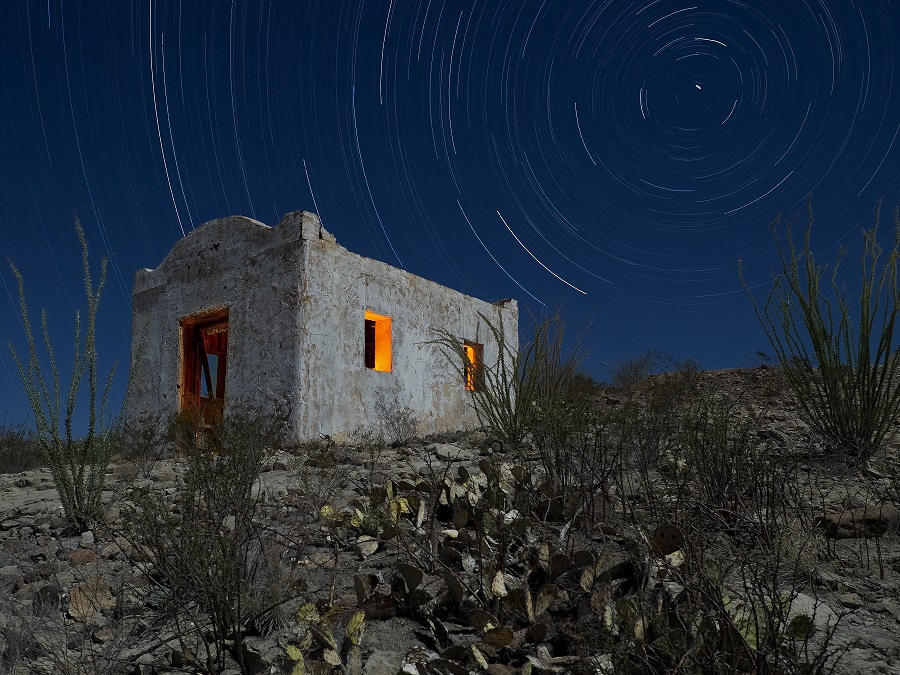
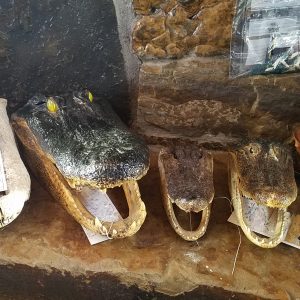
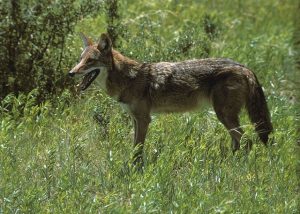

 Passport to Texas is a
Passport to Texas is a  Passport to Texas is made available by:
Passport to Texas is made available by: